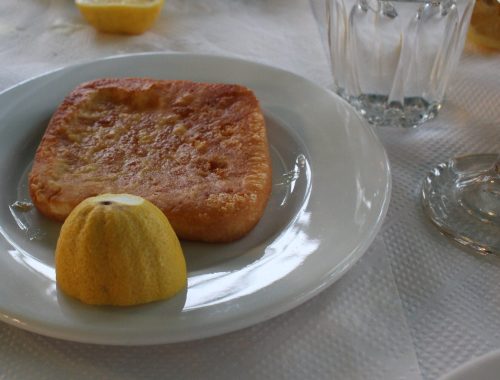
Are we all Greek?
Are we all Greek?
A famous English poet of the 19th century, Percy Bysshe Shelley declared that “We are all Greeks,” meaning that “our laws, our literature, our religion, our arts, all have their roots in Greece.”
Shelly’s Lyrical Drama entitled “Hellas” was written in 1821 for the purpose of raising funds for the Greek war on Independence against the Turkish occupation.The poem was dedicated with “admiration, sympathy and friendship” to Prince Alexander Mavrocordato, the late Secretary of Foreign Affairs.
The action is written from the point of view of the Ottoman Sultan, Mahmud, who led the attacks on Greece. The dialogues are between the Sultan, who started to realize that he has lost the war and is seeking help from the Wandering Jew, who had “magical powers” and can interpret his dreams. Between dialogues, the chorus of Greek slave women provide hope to end the futile war with hopefully victory and freedom for Greece. Shelley is most concerned with the liberty of the Hellenic spirit.
Below are excerpts from his Preface which express the author’s intense empathy and admiration by the courage of the Greeks, but also disappointment towards the rulers of the civilized world and their unexplained apathy in allowing this oppression to continue for as long as it has.
….The apathy of the rulers of the civilized world to the astonishing circumstance of the descendants of that nation to which they owe their civilization rising as it were from the ashes of their ruin, is something perfectly inexplicable to a mere spectator of the shews of this mortal scene.
We are all Greeks. Our laws, our literature, our religion, our arts, have their root in Greece. But for Greece, Rome, the instructor, the conqueror, or the metropolis of our ancestors, would have spread no illumination with her arms, and we might still have been savages and idolaters; or, what is worse, might have arrived at such a stagnant and miserable state of social institution as China and Japan possess.

He goes on to write:
The human form and the human mind attained to a perfection in Greece which has impressed its image on those faultless productions, whose very fragments are the despair of modern art, and has propagated impulses which cannot cease, through a thousand channels of manifest or imperceptible operation, to ennoble and delight mankind until the extinction of the race.
The modern Greek is the descendant of those glorious beings whom the imagination almost refuses to figure to itself as belonging to our kind, and he inherits much of their sensibility, their rapidity of conception, their enthusiasm, and their courage…..
The final chorus of the poem talks about “The world’s great age begins anew” giving us the feeling that of utmost importance to Shelley is that the Greek spirit, thoughts and ideals are preserved for humanity.
Sources and more reading suggestions:
From Wikipedia, the free encyclopedia
If you want to read the entire text of the “Hellas: Lyrical drama, please click here.
Related
Gina
I love to share my passion of Greece and to promote Hellenism all over the world through it's culture, history, cuisine and magnificent destinations.

About me
You May Also Like

Greek honey cookies aka Melomakarona
December 11, 2018
Deliciously Healthy Oven Roasted Vegetables
March 20, 2019
